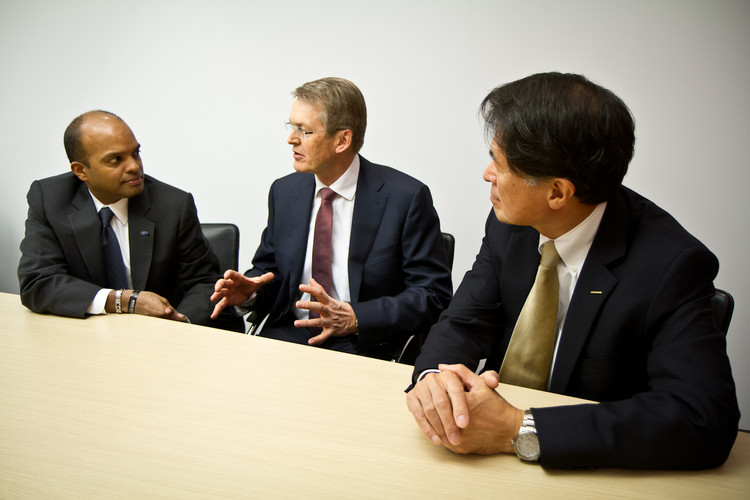Automakers Daimler, Ford and Renault-Nissan have inked an agreement to help accelerate further development of the fuel cell electric vehicle (FC EV) technology globally.
The agreement is aimed at equally investing towards developing a common FC EV system while cutting investment costs related to the engineering of the zero-emission technology.
Daimler Board of Management, Group Research & Mercedes-Benz Cars Development member Thomas Weber said that the cooperation is aimed at offering the technology available for many customers around the globe.
"We are convinced that fuel cell vehicles will play a central role for zero-emission mobility in the future," Weber said.

Additionally, the move will exploit design commonality, leverage volume and derive efficiencies through economies of scale and assist in launching the world's first mass-market FCEVs by 2017.
The collaboration will carry on engineering work on both the fuel cell stack and the fuel cell system at companies' several locations globally, while the partners are also studying the joint development of other FCEV elements to generate even more synergies.
Nissan Motor Executive Vice President, Board of Directors member Mitsuhiko Yamashita said: "Fuel cell electric vehicles are the obvious next step to complement today's battery electric vehicles as our industry embraces more sustainable transportation."
The cooperation between the automakers indicates suppliers, policymakers and the industry to support further development of hydrogen refuelling stations as well as other required infrastructure to enable the EC EVs to be mass-marketed.
Ford Motor Global Product Development group vice president Raj Nair said that working together will help speed up this technology to market at an affordable cost to customers.
"We will all benefit from this relationship as the resulting solution will be better than any one company working alone," Nair said.
FCEVs are powered by electricity generated from hydrogen gas stored in a tank with the help of oxygen, while discharging only water vapour as an emission.
Considered as complementary to the existing battery-electric vehicles, FC EVs are also expected to assist in expanding the range of zero-emission transportation options offered to consumers.





